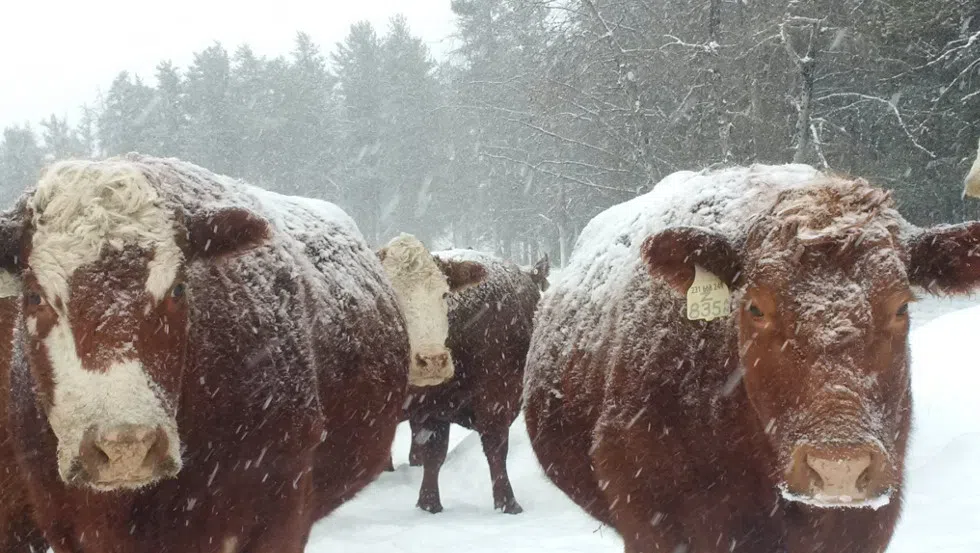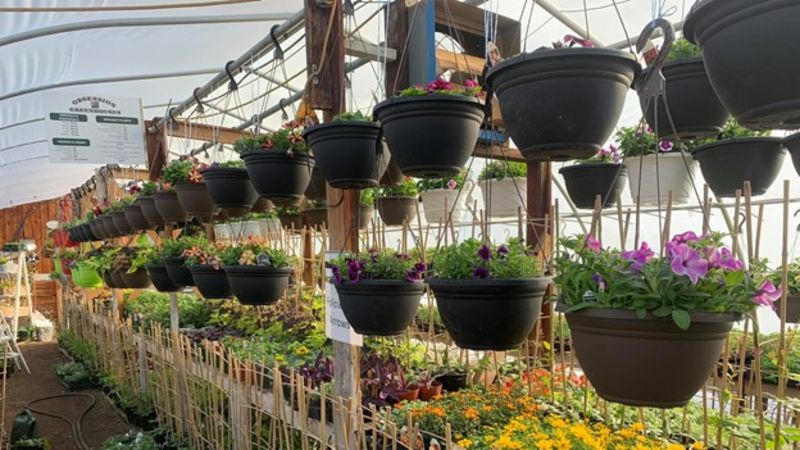
Livestock producers doing best to keep animals warm
This cold weather snap is tough on livestock too.
Tim Oleksyn, a cattle producer west of Prince Albert, said as the temperatures drop, the animals need more feed, which means higher costs.
“You need that bedding and you need that extra feed to allow them to maintain what they do and not lost ground,” he said, adding an ample water source and good shelter is also very important.
Oleksyn said animal husbandry also becomes more important when the temperatures drop. He said he watches his animals closely during the winter months.


